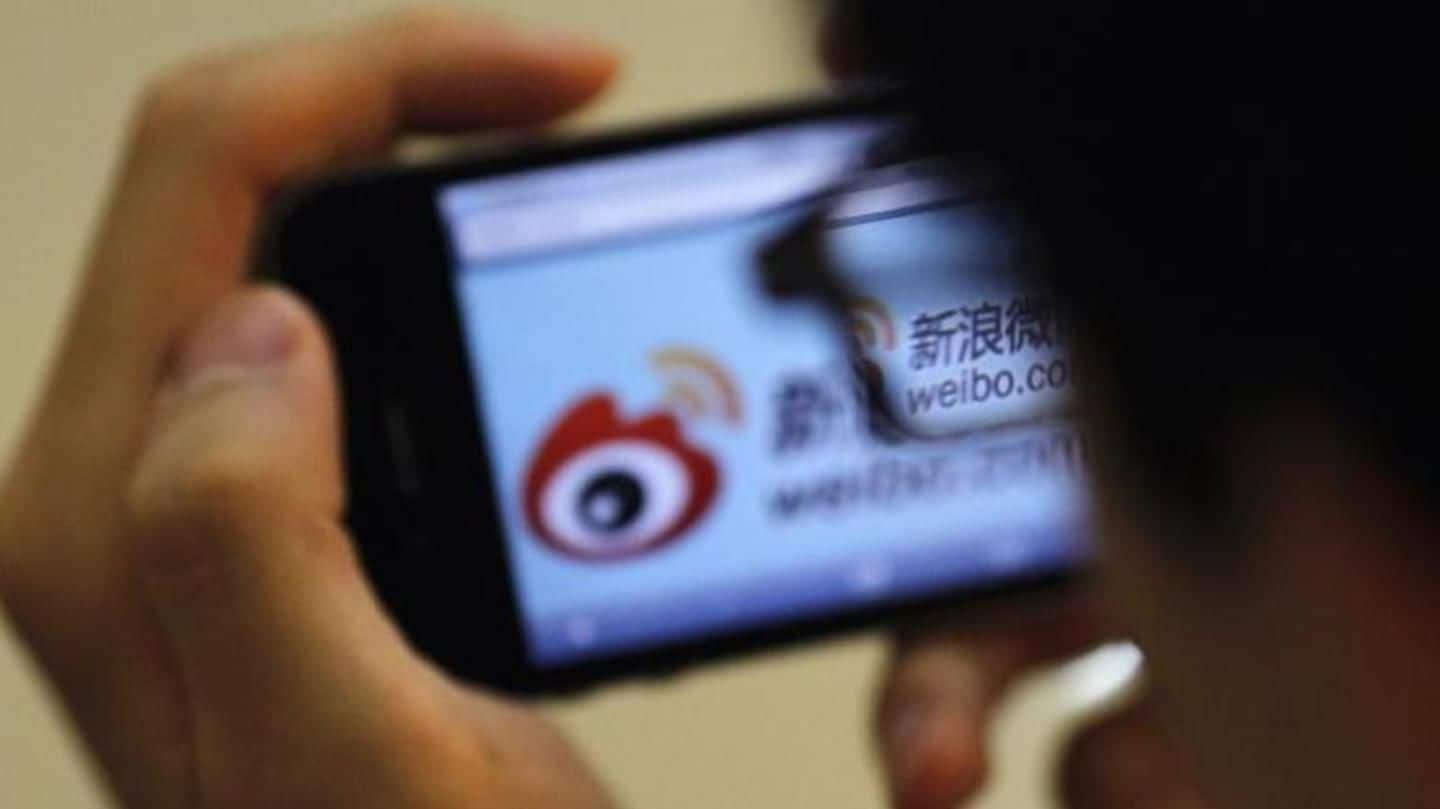
Chinese social network Weibo will no longer ban gay content
What's the story
Chinese micro-blogging website Sina Weibo has reversed its controversial decision to ban gay content from the platform following a massive outcry from the country's LGBT community. Earlier on Friday, Weibo had suddenly announced that for the next three months, it would proceed to remove pornographic, violent, and gay content including images, videos, text, and cartoons from the website as part of a clean-up campaign.
Context
Merely meeting government censorship directives: Weibo
In its announcement, Weibo also said that it had already begun the clean-up by banning over 50,000 inappropriate posts. Over the weekend, it proceeded to further remove 56,243 posts, 108 user accounts, and 62 broad topics. According to the announcement, the clean-up campaign was taking place in the context of stricter internet laws that were enforced by the Chinese government last year.
Protests
Setback for a tolerant, inclusive online space for homosexuality
The announcement naturally didn't go down well with China's LGBT community that outraged over the decision in large numbers using hashtags, open letters and calls to sell off Weibo's shares. "The problem with the policy is that it equates LGBT content with porn," Xiao Tie, head of the Beijing LGBT Centre, said. The community bombarded the micro-blogging website with hashtags like #IAmGay and #IAmGayNotAPervert.
Information
#IAmGay viewed 300 million times on Weibo on Saturday
Weibo struggled to censor the deluge of homosexual content that had started pouring in over the weekend as a sign of protest. Finally, it announced on Monday that the clean-up would "no longer apply to homosexual content. We thank everyone for their discussion and suggestions."
Background
The bigger problem is the culture of strict censorship
The Chinese government has been tightening its hold on the country's online space. In January, authorities asked Weibo to shut down several portals in a bid to eliminate "vulgar" and "harmful" content. According to local media, 128,000 websites were closed in China last year. "Social media used to be an open space, but in the last year things have started to change," Xiao said.
Information
Much of China's LGBT community is still underground
Homosexuality was decriminalized in China in 1997 but conservative attitudes still prevail in many parts of the country. According to a 2016 UN survey, only 15% homosexuals in China have told their parents about their sexual orientation and only 5% have come out publicly.